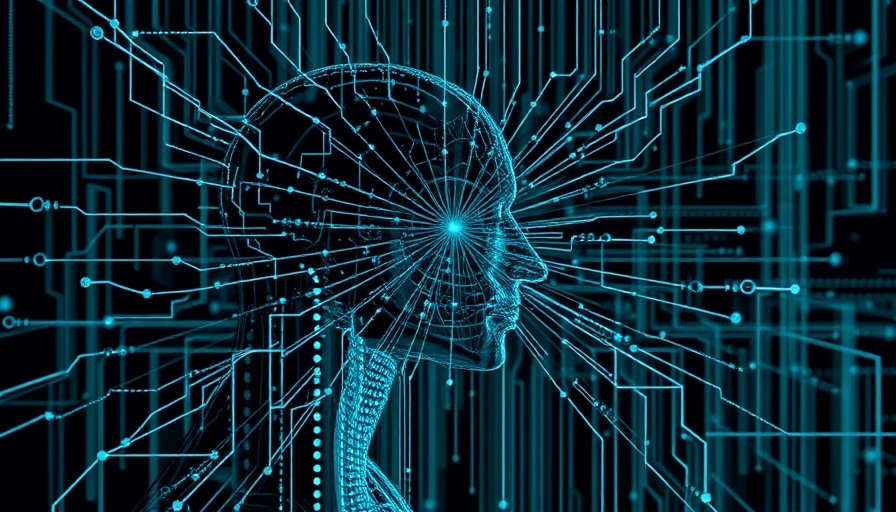
The Unsettling Reality of AI: Reducing Humanity to Patterns
In the evolving landscape of technology, artificial intelligence (AI) has emerged not merely as a tool, but as a profound influencer of societal dynamics and thought processes. The notion that AI "successfully reduces human thought to mathematical pattern recognition" raises alarming questions about our cognitive liberties and the essence of human uniqueness. While AI boasts remarkable capabilities in analyzing vast datasets, its reliance on quantifiable patterns imposes a simplistic framework on complex human thoughts.
Dangers in Pattern Recognition: A Double-Edged Sword
The core of the problem lies in AI's method of processing information—transforming intricate human emotions and thoughts into numerical patterns. This fundamental shift poses significant risks, wherein decisions are made based on algorithms that may overlook the context or subtleties involved in human interaction. A growing concern addressed in various debates is whether this mechanistic approach could lead to an erosion of human nuance in decision-making, particularly in sensitive domains like healthcare or criminal justice.
Machine Learning and the Challenge of Explainability
Furthermore, as artificial intelligence systems become increasingly sophisticated through machine learning and deep learning, their operations often remain opaque to users. This lack of explainability raises critical ethical questions regarding accountability. If our decisions are rendered solely through algorithms, how can we ensure fairness? Who is to blame when biases inherent in the data manifest in outcomes? The growing complexity of machine learning technologies must be tempered with a commitment to transparency and ethical AI development.
A Future Where Humans and AI Bridge the Gap
An ideal path forward hinges on not merely adopting AI but also understanding its implications. AI technology, whether applied in business or healthcare, should enhance collaboration, where human insight informs AI outputs, preserving the human elements of empathy and morality. Balancing computational power with human judgement can create systems that not only recognize patterns but also contribute to enriched decision-making.
This Moment Calls for Vigilance and Engagement
As we glide into a future increasingly dominated by artificial intelligence, it is crucial for young professionals and tech enthusiasts to engage thoughtfully with AI innovations. By understanding both the capabilities and limitations of AI technologies, we can foster a robust dialogue on how to ethically integrate these tools into society. To safeguard our cognitive freedoms, we must advocate for explainable AI and contribute to discussions on its development, ensuring it serves humanity rather than diminishes it.
 Add Row
Add Row  Add
Add 




 Add Row
Add Row  Add
Add 



Write A Comment